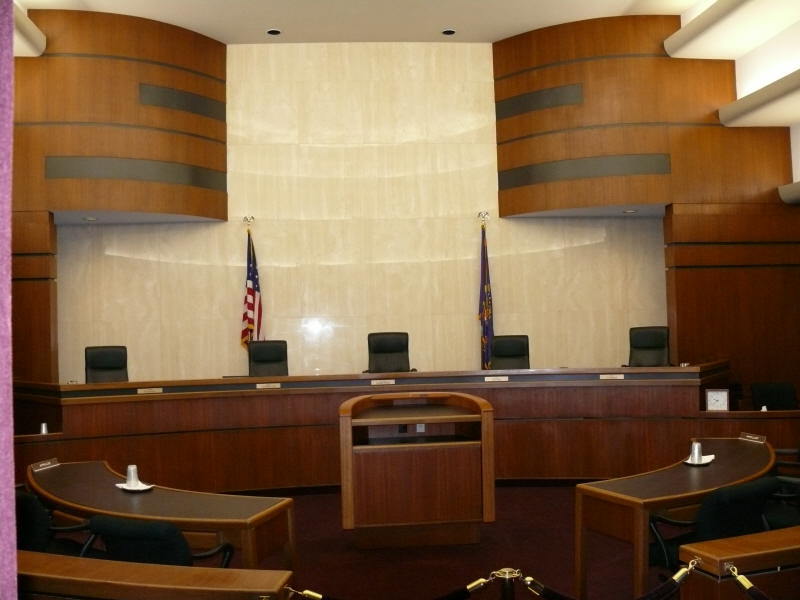A coalition of advocacy groups has sued Georgia Gov. Nathan Deal to overturn a constitutional amendment 59 percent of voters approved in November. Constitutional Amendment One allows the General Assembly to authorize charter schools that have been denied by local school districts.
Organizations including the Georgia School Boards Association and the Georgia School Superintendents Association had earlier created an advocacy group that lined up funding, speakers, debates and media contributions to oppose the measure. They argued school choice and new charter schools would drain resources from regular school district systems and hurt children “left behind” as programs including band and athletics are cut or eliminated. Some of these same groups brought the lawsuit, arguing voters did not know what they were voting for.
The ballot question read, “Shall the Constitution of Georgia be amended to allow state or local approval of public charter schools upon the request of local communities?”
Voters rejected the charter school opposition’s arguments, based on evidence that shows when charter public schools are created, regular public schools improve. Their student achievement scores increase, and they often work more effectively on smaller budgets. Having failed with the voters, the opposition decided to try the courts.
Building a vibrant charter school environment, however, provides relatively more money per pupil for traditional public schools, so band teachers can purchase more clarinets and their football coaches can buy more equipment.
Better Outcomes, Lower Costs
Developing vibrant public charter schools is also good for taxpayers, according to the findings in my study, “Do Charter Schools Hurt Students in Traditional District-Run Schools,” published by the Georgia Institute of Technology. In Georgia, the public charter schools that were authorized by a previous state commission deliver significantly higher educational outcomes at 15 to 40 percent below the costs of regular public schools.
The report was written to explore the assumption that Amendment One meant robbing Peter to pay Paul.
In this study, we estimated the loss of revenue for each of Georgia’s 180 school districts if a single child left the school (but remained in the district) to attend a charter public school. We also used the State Education Superintendent’s annual financial accounting to calculate the share of the school district’s costs that are “variable.” Those are the costs that disappear when a child transfers.
We compared the loss of revenue for each transferring child to the potential reduction in system costs, to determine which districts would realize a financial loss or gain when one student left the district school system to enroll in a charter.
More for 129 of 180 Districts
Of Georgia’s 180 school districts, 129 would gain financially for each child transferring to a charter, according to the report. For those districts, the possible reduction in costs for each withdrawal is greater than the reduction in state revenues. Gaining districts could add an average of $1,218 to their budget for each child lost to charters. In the highest-gain case, the Atlanta Public School District could gain $6,507 for each child transferring to a charter.
The 129 districts that would potentially realize financial gains enroll nearly 1.4 million, or 89 percent, of Georgia’s public school students. These are primarily the largest districts and, therefore, the most likely environment for charter schools to emerge.
As expected, the remaining 51 districts are primarily the smallest in enrollment and number of schools. They enroll approximately 164,000, or 3,221 students per district, and usually have five or fewer schools. Because economic viability requires that charter schools attract 800 to 1,000 students, they are unlikely to develop in districts with small school-aged populations. So it is highly unlikely these smaller districts would lose money overall.
The study’s big finding was that charter schools would not, on net, drain resources from regular public schools. Instead, losing more costs than revenues means most public school officials should support authorizing charter schools rather than oppose them.
Christine Ries ([email protected]) is professor of economics at the Georgia Institute of Technology and author of “Do Charter Schools Hurt Students in Traditional District-Run Schools?”
Learn more:
“Do Charter Schools Hurt Students in Traditional District-Run Schools,” Christine Ries: http://www.econ.gatech.edu/files/papers/CharterSchools_0.pdf
Image by Missouri News-Horizon.





